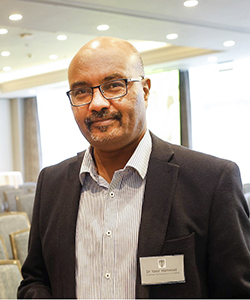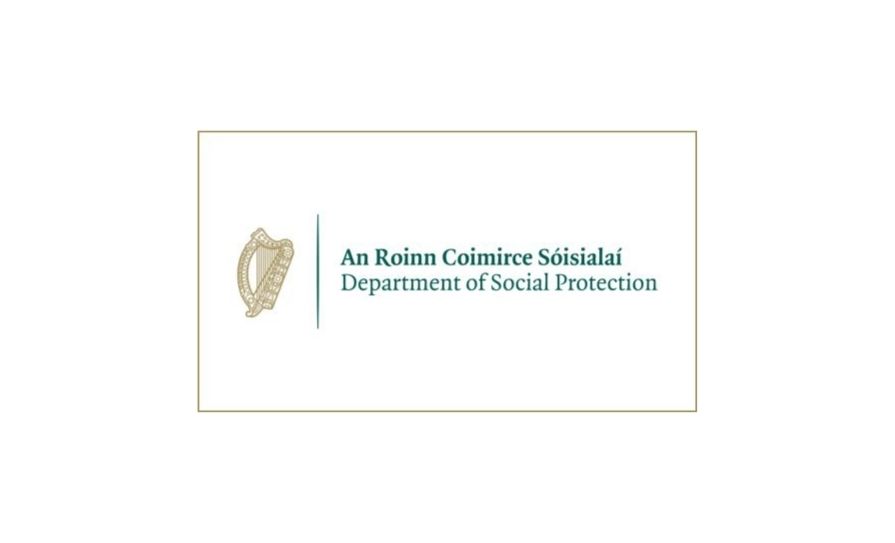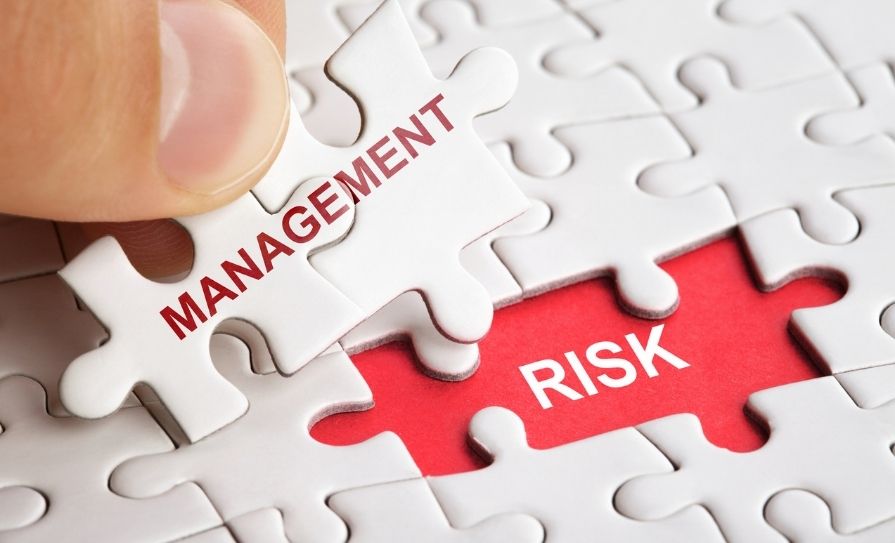A vascular surgery trainee, who achieved entry to higher specialist training (HST) at RCSI just months after displacement from war-torn Sudan, has said networking and mentorship were key to reaching this goal.
Speaking at the 5th Annual Symposium of the Sudanese Doctors Union of Ireland (SDUI) in Dublin, Dr Anas Elmahi stated that he arrived in Ireland in October 2023 after being displaced by the conflict in his native country.
It “seemed impossible” at the time that he would be speaking at a conference one year later, describing his successful entry to vascular surgical training in Ireland.
However, Dr Elmahi said he was “determined” to achieve this objective, although the deadline for applications was just weeks after his arrival.
Dr Elmahi provided a detailed overview of the HST application process through the equivalent standards route. This process involved a number of stages over several months, including appraisal of his logbook of surgical training under the Sudan Medical Specialisation Board, academic credentials, operative skills, membership examinations, and interview.
He encouraged doctors interested in specialty training to download the relevant intake guide and review the requirements against their current credentials

He encouraged doctors interested in specialty training to download the relevant intake guide and review the requirements against their current credentials.
“And then create a solid plan on how to fill those gaps in order to improve your competitive capacity,” remarked Dr Elmahi. He advised that a successful application “is possible and it has been done”.
The well-attended symposium held on 5 October, themed ‘Healthcare rising from the ashes’, was opened by SDUI President Mr Yassir Hamad. It featured updates from Sudanese medical diaspora from around the world, clinical presentations, and a series of talks on the impacts of the ongoing conflict, particularly in regard to healthcare.
The war between the Sudanese Armed Forces and the Rapid Support Forces militia erupted in April 2023. It has led to the largest internal displacement crisis in the world, famine conditions in areas of the country, and over 25 million people (more than half of the population) needing humanitarian assistance.
Global health specialist Dr Iman Ahmed, based in Canada, spoke via video-link on the impact on health and population health. She noted the targeting of healthcare settings and staff in violation of international humanitarian law. Over 100 attacks on healthcare had been verified, resulting in 183 deaths and 125 injuries, according to World Health Organisation data.
Dr Ahmed referenced a wide range of health threats, including trauma and injury, malnutrition, measles, cholera, malaria, dengue, floods, non-communicable diseases, and mental ill-health. She described serious medicines shortages with repeated ‘zero stock’ situations.
She also signalled other longer-term repercussions associated with the destruction of people’s healthcare records and suspension of communicable disease surveillance.
The resilience of Sudanese people and contribution of those in the diaspora was also highlighted by speakers.
Egypt-based Dr Zeinab Hamid, a GP, spoke via video-link about the diaspora’s contribution to developing simulation-based education for medical students in Sudan and those displaced in neighbouring countries.
The projected role of the diaspora in healthcare training post-war was also the focus of a presentation by Dr Mohamed Elhassan Elsayed, Senior Lecturer in Medical Education at the School of Medicine, University of Limerick.
Dr Elsayed emphasised the importance of rebuilding and maintaining the quality of health professional training post-war. He said the challenges included loss of experienced faculty and maintaining international standards amid political instability.
The diaspora could contribute through projects on remote education and training, capacity building, and skill transfer, for example. However, the challenges for diaspora-led organisations included political instability and resource limitations.
Also speaking at the symposium, Dr Trish Scanlan, Interim Director of the department of global health at Children’s Health Ireland, said the department was small, but had avenues to help amplify the voices of Sudanese doctors regarding the severe humanitarian crisis.













Leave a Reply
You must be logged in to post a comment.